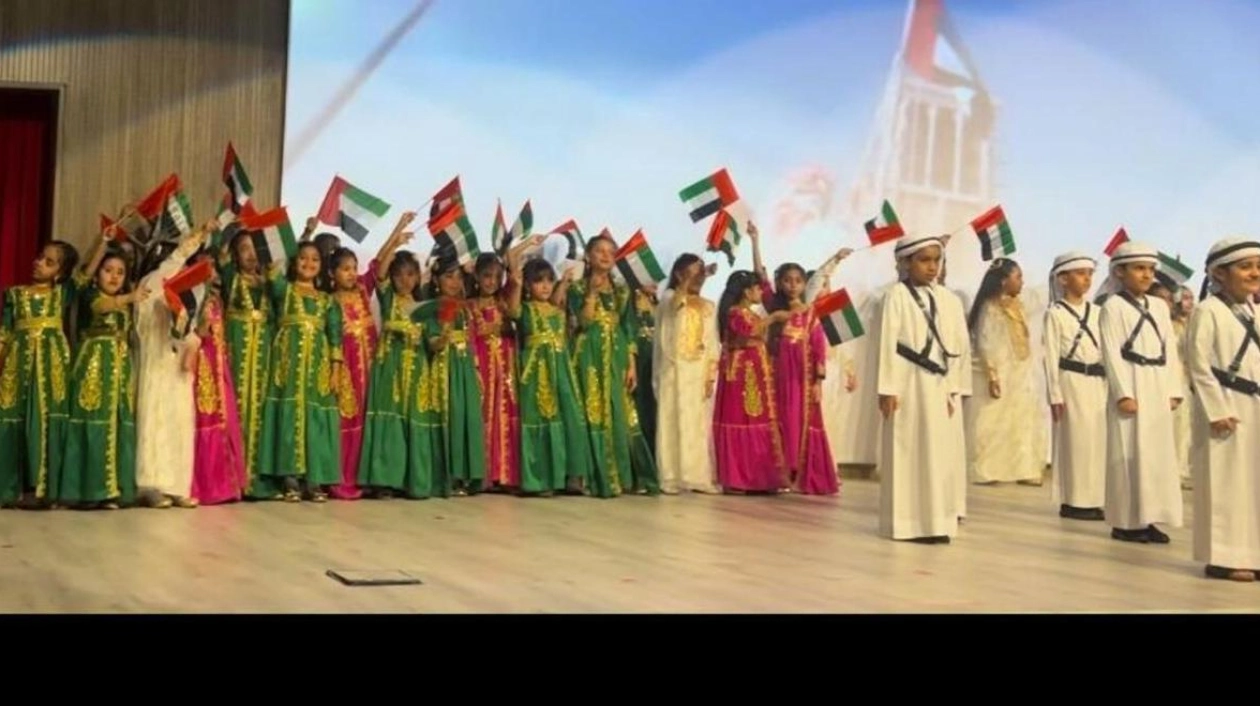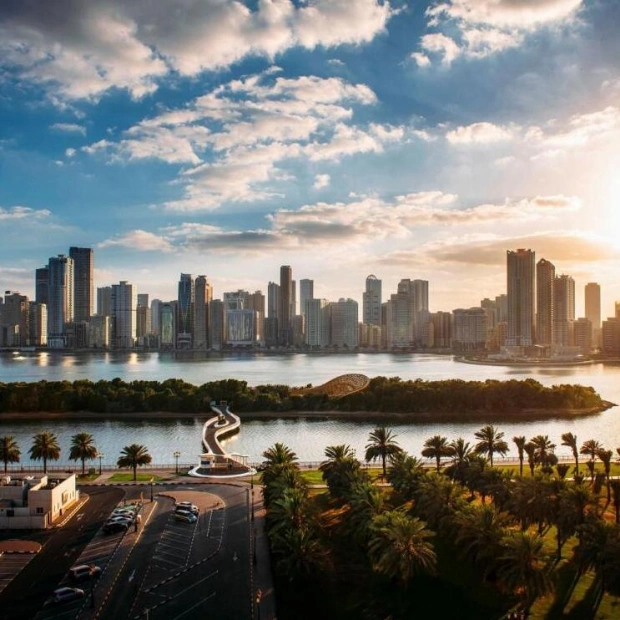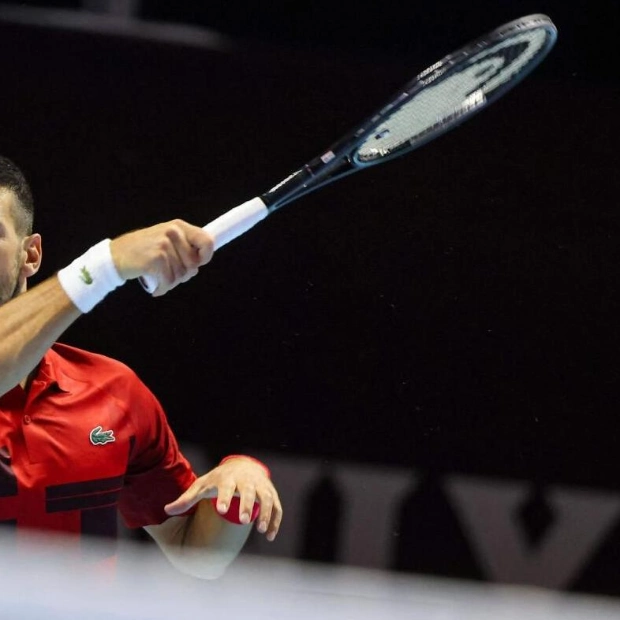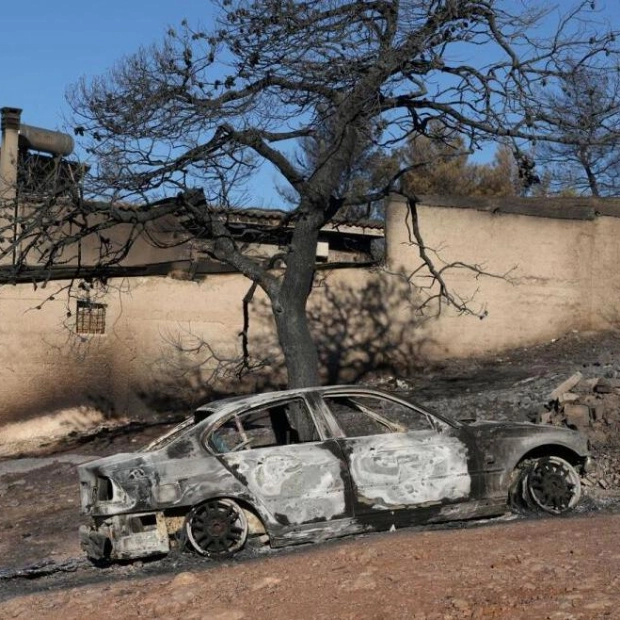KT photos: Sara Alkuwari
The celebrations of UAE National Day have undergone significant transformation over the years. "In the past, we had few foreigners joining us for the celebrations. But now, there are many nationalities, and their diverse cultures have enriched the festivities," senior Emiratis shared with Khaleej Times ahead of the 53rd UAE National Day.
Al Badawi, a 56-year-old Emirati from Dubai, fondly recalled the celebrations in the 1970s. "The Emirates was decorated like a bride," she told Khaleej Times, noting that the decorations were much more elaborate than their simpler lives back then. "Streets were adorned with flags, lights, and pictures of the founding father Sheikh Zayed," she added, remembering her joy in attending the special occasion as she talked about going with her family to parks in Abu Dhabi to celebrate, spend time with relatives, and enjoy traditional performances like Al Yola and Al Ayala.
Reflecting on the differences between now and then, Al Badawi said, "Several years ago, people used to gather in huge numbers on Al-Dhifa Street, now known as Second of December Street or the Heritage Village. It was a place where many Emiratis came together for traditional performances and competitions that celebrated our Emirati culture." "Today's celebrations are similar in spirit, but notable changes have occurred. In the past, we had very few foreigners joining us for the celebrations. But now, there is a lot of diversity in nationalities. This mix of cultures has enriched the festivities, making it easier to introduce Emirati culture to others," she emphasized.
Hussain Abdalla, 64, who lives in Sharjah and worked in the army during the 1980s, also shared his experiences. "We would go to Abu Dhabi to celebrate. There were simple military parades on December 2nd, but these events have evolved," he said. After Abu Dhabi, they moved to Sharjah, and there – during National Day – he took his children, dressed in national attire, to join the walking procession in Corniche, waving flags and holding pictures of Sheikh Zayed and Sheikh Sultan. "The celebration was simpler than today, but the patriotic spirit is the same," he noted.
Fatima Hussein, a 24-year-old living in Sharjah, shared her primary school celebrations. "We used to spend a whole day celebrating," she said, vividly describing how they would perform dances at school and then go on a trip to present their shows at the Cultural Theatre in Sharjah. "I remember in 2008, we presented a show in front of Sheikh Sultan Al Qasimi. It was one of the most beautiful moments, and I felt proud. I will never forget this memory as long as I live," she added. Fatima shared how they adorned themselves with gold, wearing traditional gold like 'Tasaah' on their heads, 'Marya,' and 'Murtaasha.' "We looked like brides," she said, emphasizing how much they loved embodying an image that reflects traditional Arab gold. She further reflected on one memorable school trip during National Day, when they formed the largest human flag and entered the Guinness Book of Records for that achievement. "We gathered from different schools. Each group was wearing a colour from the flag." "One of the most enjoyable activities is the walking march, where all the people gather to chant Emirati songs and walk along the Corniche in a national march, waving the flag," she added. "At the end of the celebration, we would return to school at 9pm and then head home.”
Dalal Suhail, a 12-year-old living in Dubai, likewise expressed her excitement for the celebrations. "The celebrations always extended for days, as I love participating in national performances," she said. "We perform shows for several days, first at school, and then we go to a government institution to perform,” she added, while also expressing her love for national song. "I like to listen to national songs several days before and after National Day, as they make me proud to be an Emirati." Dalal continued: “My family also organises a yearly celebration full of activities. Sometimes, we reserve a farm, celebrate at home, and sometimes, in the desert. The place does not matter; the family and national atmosphere are the most important."
Source link: https://www.khaleejtimes.com






